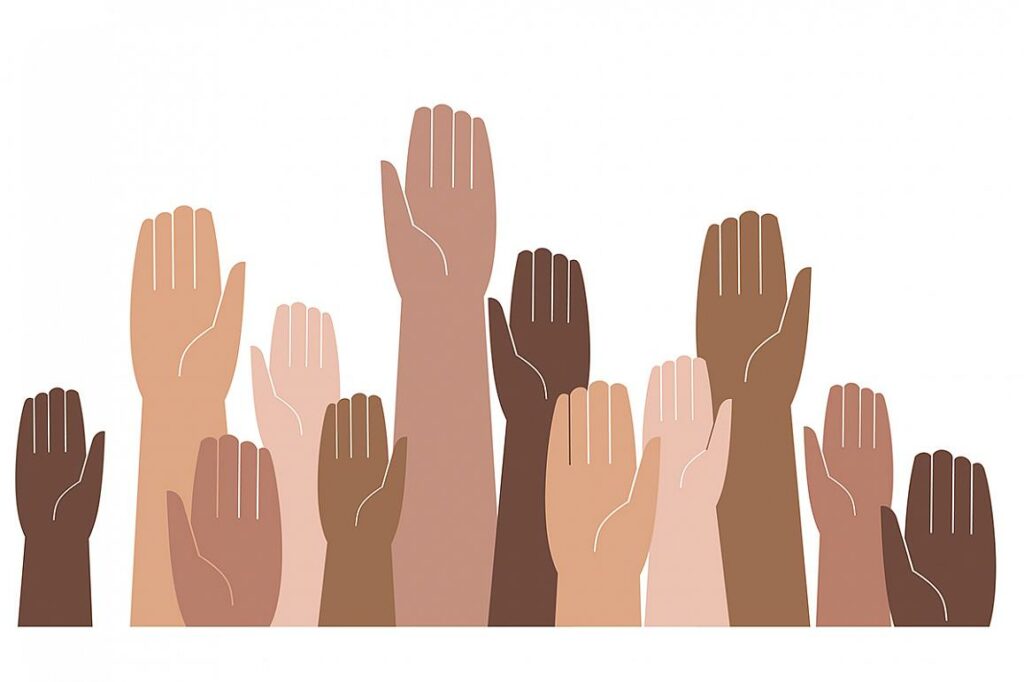The challenges we face in mental health as BIPOC people are quite complex. First, our cultural identities as BIPOC people may greatly differ from each other, socially and culturally; this can add an even more difficult layer of challenge to mental health as a person of color. Secondly, lack of cultural understanding can also have a role in mental health challenges for BIPOC communities. It may seem easy to put a (one size fits all) label on mental health, however this is not how we should go about our mental health and generational healing. The questions we should be asking are; how do we as a diverse community heal together, without devaluing each other or totally disregarding another?, and how do we establish better equity in mental health specifically designed for AAPI / BIPOC individuals and our communities?.
Now, let us have a look at some in depth information on our unique mental health needs and resources. So often, when seeking help we tend to get just the basic in care, or even at times no care at all due to racial disparities and inequities in the health care system. Some of the factors contributing to lack of care may also be:
- Lack of insurance, or underinsurance
- Mental stigma which may be greater in AAPI / BIPOC communities
- Lack of diversity amongst mental healthcare providers
- Lack of providers with a diverse cultural worldview or cultural competence
- Distrust in mental health care system
- Inadequate support for mental health service in safety net settings

Ruth Simmons a former Brown University President, explained in a Washington Post article, individuals who are the target of racist actions “must move through the world limited by sometimes invisible or unpredictable restrictions on their movements, their behavior and their words … Determining how to live life openly and productively in the face of such attacks on one’s existence is a lifelong task.”
Healthforward.org
Photo Credit: NIH.GOV
It is absolutely crucial that we develop better cultural competence in mental health care, with better cultural competence in mental heath we can establish stronger and more interconnected engagement between healthcare providers and those seeking health care. Georgetown University’s National Center for Cultural Competence stated, “A set of congruent behaviors, attitudes, and policies that come together in a system, agency or among professionals and enable that system, agency or those professions to work effectively in cross-cultural situations.” Therefor a more diverse health care team, health care professionals with a deeper cultural worldview, and specialized culturally diverse training is certainly needed in reducing inefficiencies in mental health care.
Shared below are links to diverse mental health resources:
https://www.therapyforlatinx.com/
https://www.thetrevorproject.org/
This is a great article on Cultural Respect by the National Institutes of Health; https://www.nih.gov/institutes-nih/nih-office-director/office-communications-public-liaison/clear-communication/cultural-respect
References : https://www.psychiatry.org/File%20Library/Psychiatrists/Cultural-Competency/Mental-Health-Disparities/Mental-Health-Facts-for-Diverse-Populations.pdf
